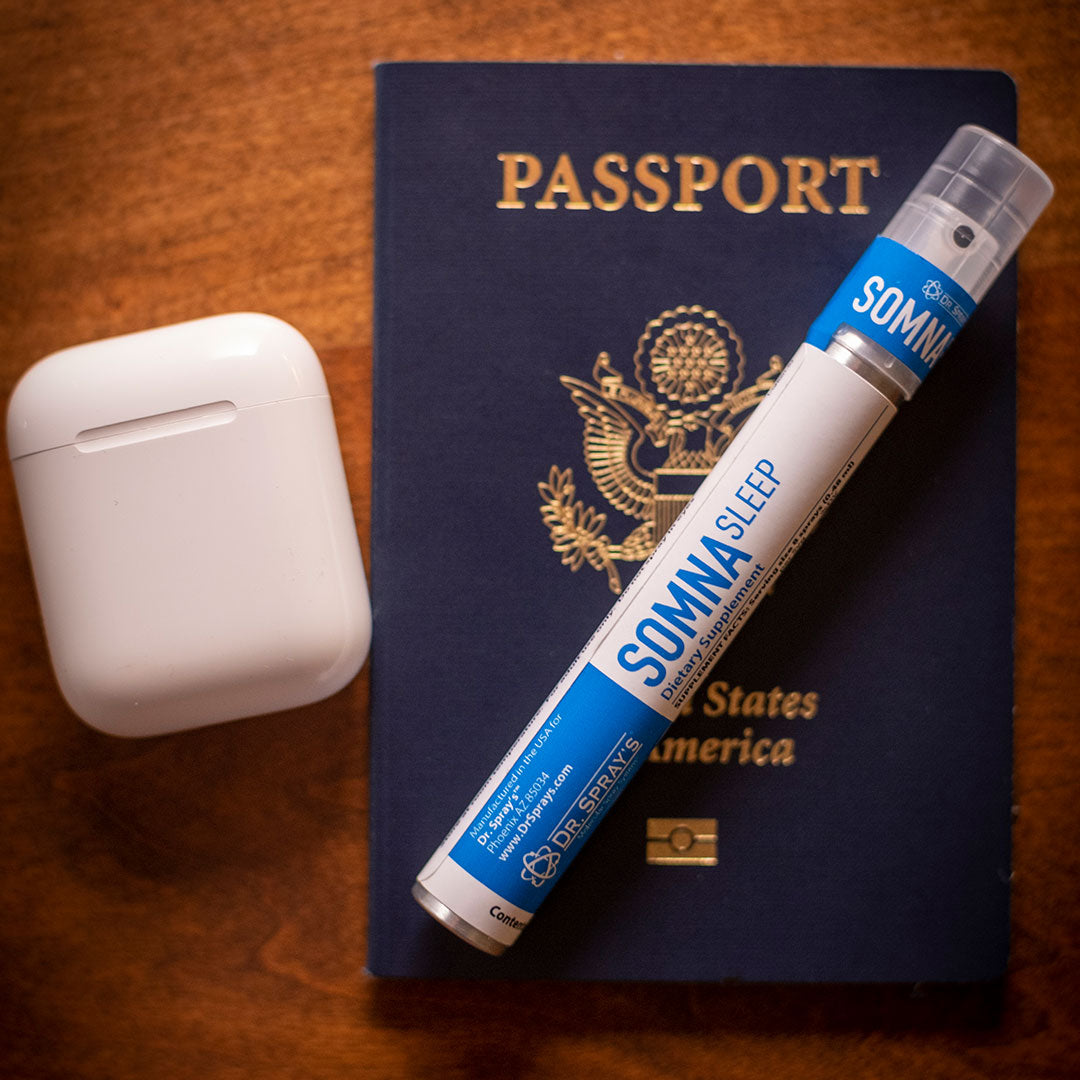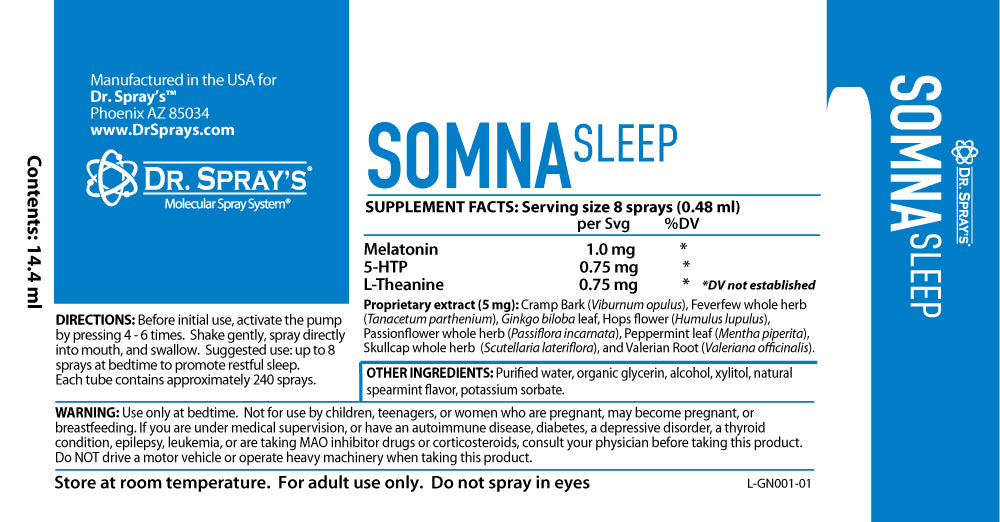How To Put 1 Year Old To Sleep?
If your 1 year old is having trouble sleeping through the night, there are a few things you can try to help them get the rest they need.
First, make sure their bedroom is dark and quiet. If there are any noise makers in the room, like a clock or a fan, try turning them off. You might also want to invest in some blackout curtains to help keep the light out.
Next, create a bedtime routine and stick to it as much as possible. This could include a bath, a story, and cuddling time before sleep. Doing the same thing each night will help signals to your child that it is time to wind down and go to sleep.
If your child is still having trouble sleeping, you might want to talk to their doctor about other options. They might be able to prescribe medication or suggest another sleep aid that can help.
The Sleep Schedule
The first and most important step is to put your child on a regular sleep schedule. This means setting regular times for naps and bedtime and sticking to them as closely as possible. A regular sleep schedule will help train your child's body to know when it's time to sleep, making it easier for them to fall asleep and stay asleep throughout the night.
Establishing a Bedtime Routine
Once you've got a sleep schedule down, the next step is to establish a bedtime routine. This can be anything from reading a story together before bed to taking a bath or saying prayers. The important thing is that you do the same thing(s) every night in the same order so that your child knows it's time to wind down for bed.
Creating a Sleep-Friendly Environment
To further help your child (and you!) get a good night's sleep, it's important to create a sleep-friendly environment in their bedroom. This means keeping the room dark, quiet, and cool - around 65 degrees is ideal. It's also important to remove any toys or other stimulating objects from the room so that your child can focus on sleeping.
Addressing Sleep Problems
If you've tried all of the above and your child is still having trouble sleeping through the night, there may be underlying sleep problems such as sleep apnea or restless leg syndrome. If you suspect your child has a sleep problem, talk to their doctor so you can get them the help they need to get a good night's rest.










